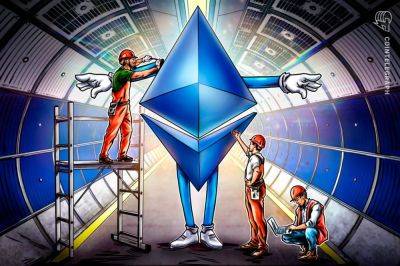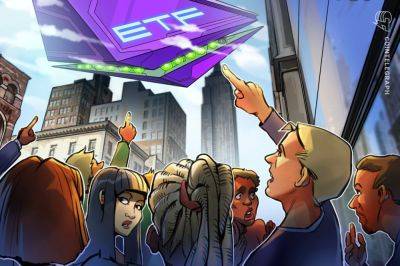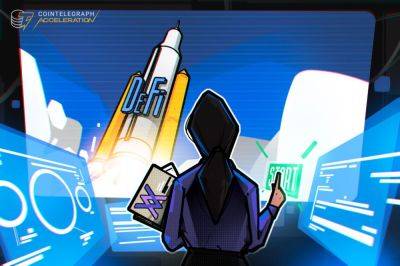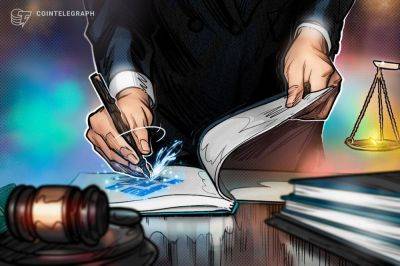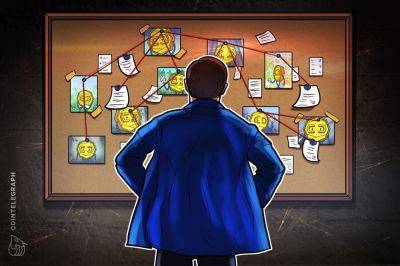OriginTrail on AI, real-world adoption and the value of knowledge: The Agenda podcast
Artificial intelligence (AI), large language models (LLMs) and machine learning have infiltrated just about every aspect of our technology-connected lives. Tools like ChatGPT offer an array of helpful utilities, but they also come with a potentially dark side, as ChatGPT and other LLM chatbots are known to occasionally spit out information that is factually incorrect, potentially biased and possibly even harmful.
AI is just the latest example demonstrating the importance of being able to verify information. Complex systems such as supply chains, where verifiability has always been important, have long been touted as areas where blockchain technology and decentralization can offer real-world benefits.
One project seeking to realize this potential is OriginTrail, a multichain protocol building what it describes as the first-ever decentralized knowledge graph — a type of data layer that helps establish and verify relationships between various data points.
On Episode 14 of The Agenda podcast, hosts Jonathan DeYoung and Ray Salmond chat with Žiga Drev and Tomaz Levak, co-founders of OriginTrail, who break down knowledge graphs, the importance of decentralization for AI and supply chains, their experience working with enterprise clients, and more.
According to the founders, OriginTrail is building a “trusted knowledge foundation” that can help combat misinformation, whether related to AI hallucinations or fraud in medical supply chains. To do so, it created the “Decentralized Knowledge Graph” (DKG), a decentralized version of the same relationship-revealing tools used by Google to tailor its search recommendations and Amazon to suggest products.
When asked why knowledge graphs need to be decentralized, the founders argued that
Read more on cointelegraph.com







